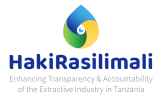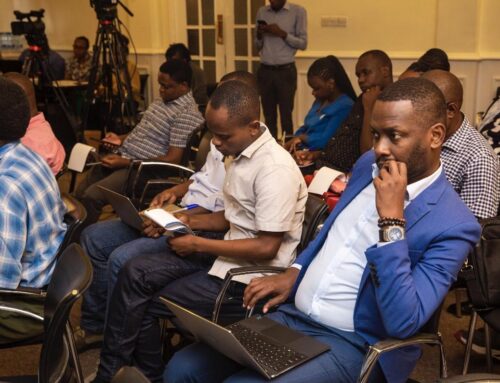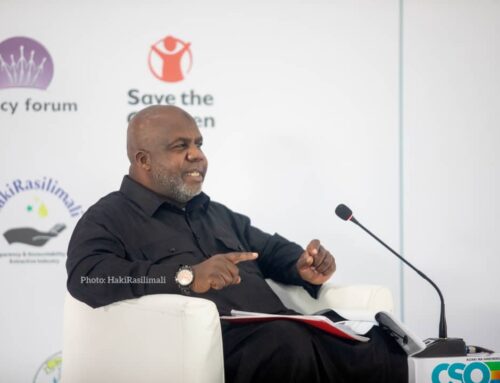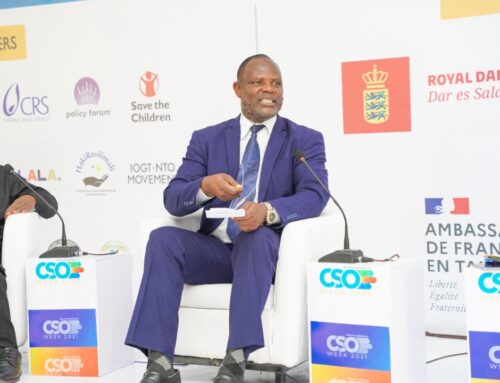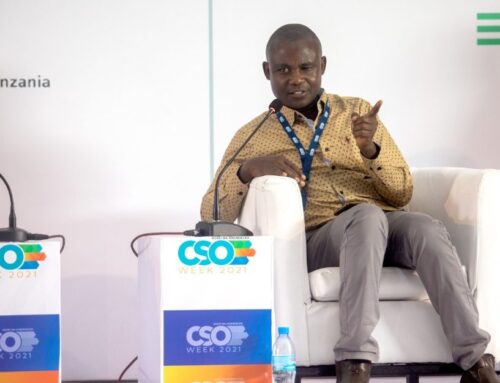SUMMARY REPORT
Introduction
Tanzania has a vast extractive industry consisting of minerals and natural gas. Recently the country has seen an increase especially in gas exploration. While the extractive sector is expected to bring wealth and well-being to Tanzanians, this objective is yet to be achieved. Companies have been caught of evading taxes, violating human rights and destroying the environment. The government has responded to these problems by adopting new legislation on oil and gas sector revenue, on the Extractive Sector Transparency Initiative and on local content policy, to name a few.
The extractive sector involves huge vested interests of the actors involved and many problems related to the sector remain sensitive to be raised to the public eye. Civil society actors have been threatened or excluded from decision making related to the sector. Currently, civil society space in Tanzania seems to be shrinking even more.
The workshop aimed at contributing to discussion that will promote transparency, accountability and respect for human rights in the extractive sector, through CS engagement and participation in governance.
The workshop had a panel of experts from civil society organization who discussed key issues including security and safety of CSOs working on extractives, risks that women face when working on extractive sector issues, the UN Guiding Principles on business and Human Rights (2011), roles of CSOs in extractive industries when it comes to decision making and processes, including on how can CSOs engage communities to participate in decision making.
Key point from the discussion are summarized below:
- Establishment of strong network for CSOs working in extractive industry – continue expanding HakiRasilimali
- Security plan and policy – HRDC have promised to share what a plan like this can include
- Advocate for space of CSOs and their recognition – also advocacy needed on local level, not only on national level!
- Enhance people’s capacity to address and demand their rights
- Need more specific research on how the CSO space is developing in the extractives sector – HRDC, LHRC, HakiRasilimali
- More research needed on extractive industry’s effects on women
- Attitude change needed about the role of women in economy/society
- Need to not only talk about problems but about solutions on how women can benefit from the sector
- Need to do advocacy for a National Action Plan on Business and Human Rights on national level (includes principles of free and prior consent, access to remedies, human rights audit)
- Link CSOs better with media and journalists. CSOs need to know how to engage with media. More workshops needed!
- Need to understand power relations on community engagement
- Need to facilitate community ownership of the process through capacity building and empowerment
- Need for open and transparent process, fresh from the beginning re. the perceived benefits and potential challenges to the community be explained prior to the engagement process.
- Stay committed and providing feedback to the communities.
- Provide correct information to communities at the right time.
- Respect for the existing structures and build the capacity of the community leaders.
